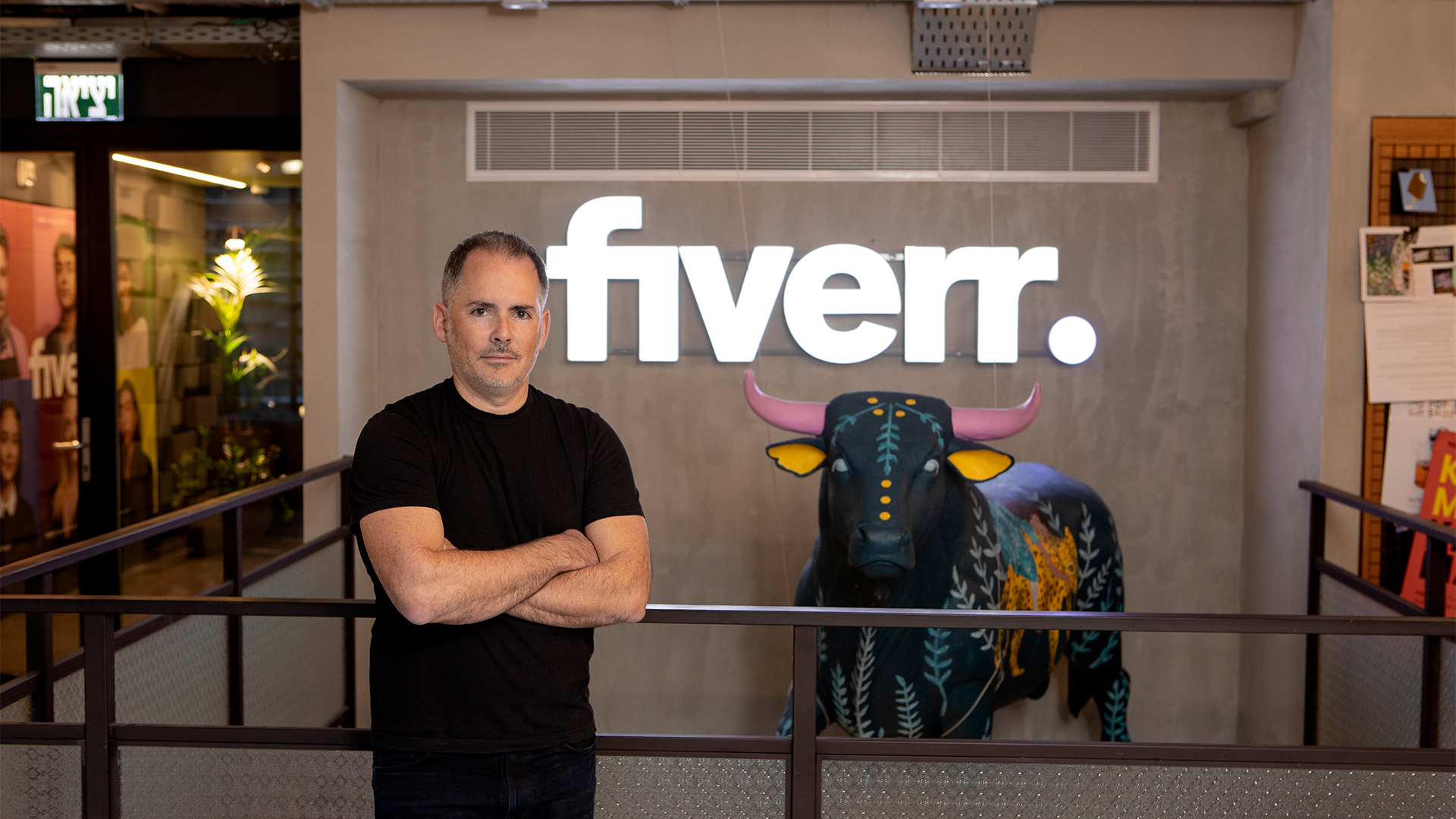Software developers vs software engineers
Learn about the differences between these two types of software professionals

Organisations worldwide routinely employ both software developers and software engineers, although there may seem to be very little separating their day-to-day roles and responsibilities. These jobs may be defined in a similar way, and would even share similar requirements. Despite the clear similarities, however, there are a handful of differences that set each role apart.
This guide aims to address the most critical questions regarding the differences between software developers and software engineers, including the level of training required, the skills these individuals may need and the way their day-to-day duties might differ.
Software developer

Putting it simply, a software developer is in charge of the software development process, collaborating with a client on a design concept and then working with programmers to build something that might run across various platforms and operating systems. They’ll create applications to perform these specific pre-defined tasks, and ensure the code is functional across various platforms including desktop, mobile or web browsers.
Education
We'd expect software developers to have studied to university-level, attaining a bachelor’s or master’s degree in fields such as computer programming or computer science. These courses will provide the knowledge and expertise for building software and for programming, although many developers working across the economy are self-taught, and have accessed online resources or another form of external training.
People studying to become software developers should learn and stay up to date on different programming languages. They should also develop knowledge of the industry in which they want to work (e.g., finance for the banking industry).
Required skills
A software developer must have high-level analytical skills for comparing the users’ needs with their software’s capabilities. They must have knowledge and familiarity with several computer languages (e.g., Java, C#, C++, Python) to work with different computer programs. They must also understand the logic of code in other computer languages and know how to use open-source tools (e.g., GitHub).

A software developer requires top-level feedback and communication skills to prevent errors from causing operational or financial problems. They must have a high level of attention to detail to avoid making errors and manage multiple projects at different development stages.
Get the ITPro daily newsletter
Sign up today and you will receive a free copy of our Future Focus 2025 report - the leading guidance on AI, cybersecurity and other IT challenges as per 700+ senior executives
They should have problem-solving skills to address issues in the software development process. It also helps to have interpersonal skills to work well with others involved in developing the software.
Typical duties
A software developer will monitor project updates and listed software defects to ensure they manage the required modifications. This typically requires changing gears and switching between projects, deadlines, and schedules.
RELATED RESOURCE

The total economic impact of Slack for technical teams
Cost savings and business benefits enabled by Slack
They will also follow the development life cycle methodology or delivery framework (e.g., Scrum, Kanban, XP) and test the software in controlled and real-world situations to evaluate its quality and consistency.
A software developer must stay on top of details to direct repairs and changes to programs to ensure everything runs efficiently. They will also review and seek opportunities to improve the current system, manage deadlines and schedules, and collaborate with analysts, end users, marketing, and designers.
In some cases, they will serve as the main point of contact with clients and vendors.
A software developer will face potential challenges in the course of their duties, including:
- Interpretation of end users’ requirements
- Addressing changing needs
- Discovery of bugs or flaws near the end of or upon conclusion of project
- Poor software quality
- Difficulty maintaining or extending software
- Software that is difficult to maintain or extend
A software developer should also follow several best practices:
- Understand how the code supports the business
- Make effective use of the code on the project
- Meet coding goals
- Define approach to short-term coding task
- Begin work on the most difficult part of the project
Software engineer

A software engineer applies software engineering principles to design, develop, maintain, test, and evaluate computer software. They participate in the software development life cycle by systematically developing processes to provide technology solutions for a client’s specific needs.
Education
A software engineer will often have a bachelor’s or master’s degree in software engineering, computer science, mathematics or a related area. Courses will cover computer fundamentals, data structures, programming languages, software engineering, and computer architecture.
Software engineers will also study analysis, problem-solving, and mathematical concepts and learn how to work with large-scale structures within computer programming and hardware interfacing.
Required skills
A software engineer must have technical expertise and experience on a wide range of projects involving open-source tools and projects. They should demonstrate proficiency in pattern design, automated testing, and the creation of fault-tolerant systems and know how to use the tools involved in testing automation (e.g., Ansible, Gherkin, Cucumber).
A software engineer should know how to create and maintain cloud-based systems, IT architecture, and large-scale data stores. They should be familiar with building scalable data deployment pipelines and domain-specific languages.
A senior software engineer must have experience and comfort with overseeing complex systems analysis, design, and development programs. They will lead, consult, and contribute to a range of projects and advise on identifying and applying new IT methods to help clients achieve strategic goals.
A senior software engineer also manages resources, coordinates tasks, and supervises technical project plans. They will also work with other team members, including development staff, operations, and IT, at various stages of the software development life cycle, ensuring operations run smoothly and identifying opportunities for improvement.
Typical duties

A software engineer will research, design, develop, and test software and system quality. They would look for issues and patterns then develop standard operating procedures for addressing what they find. They will update existing software to address defects, adopt new hardware, or improve performance.
A software engineer will look for opportunities to improve existing applications and make recommendations to design and implement updated systems. They will also compile and distribute software over the network.
A software engineer will analyse users’ needs to determine their software requirements, using design feasibility and resource constraints, and coordinate software deployment and installation. They will collaborate with team members to apply technical designs, supervise technologists and engineers, and consult with clients on specs and design.
A software engineer will also investigate new technology use and improve existing codebases and peer review code changes.
A software engineer will face potential challenges in the course of their duties, including:
- Potential financial and human costs of software failure in critical areas (e.g., nuclear power plants)
- Growing complexity of software
- Diversity of software systems that must work together
- Increase in market demand
A software engineer should also follow a number of best practices:
- Engage in activities to benefit the client and their employer
- Ensure software and its modifications meet professional standards
- Maintain integrity and independence in professional approach
- Ethically engage in software development and maintenance
- Support their co-workers
Developer vs Engineer: Overlapping roles with distinct differences
Although there are certainly many similarities between software development and software engineering, there are also differences significant enough to distinguish the two as separate functions within IT operations.
Generally, developers will be preoccupied with small-scale projects, like building programmes that perform specific functions, while software engineers are normally put to work ensuring various programmes work together in harmony.
There’s some scope for software engineers to work in software development, but it’s much rarer to find the reverse happening. Businesses, as such, will employ individuals to fill both functions given they each add something the other doesn’t. While software developers and software engineers may seem to be performing similar functions from the outside, the reality is their core responsibilities are very different.
David Gargaro has been providing content writing and copy editing services for more than 20 years. He has worked with companies across numerous industries, including (but not limited to) advertising, publishing, marketing, real estate, finance, insurance, law, automotive, construction, human resources, restoration services, and manufacturing. He has also managed a team of freelancers as the managing editor of a small publishing company.
-
 Westcon-Comstor and Vectra AI launch brace of new channel initiatives
Westcon-Comstor and Vectra AI launch brace of new channel initiativesNews Westcon-Comstor and Vectra AI have announced the launch of two new channel growth initiatives focused on the managed security service provider (MSSP) space and AWS Marketplace.
By Daniel Todd Published
-
 Third time lucky? Microsoft finally begins roll-out of controversial Recall feature
Third time lucky? Microsoft finally begins roll-out of controversial Recall featureNews The Windows Recall feature has been plagued by setbacks and backlash from security professionals
By Emma Woollacott Published
-
 ‘AI is coming for your jobs. It’s coming for my job too’: Fiverr CEO urges staff to upskill or be left behind
‘AI is coming for your jobs. It’s coming for my job too’: Fiverr CEO urges staff to upskill or be left behindNews The latest in a string of AI skills warnings has urged staff to begin preparing for the worst
By Ross Kelly Published
-
 IBM pledges support for UK government cyber skills program
IBM pledges support for UK government cyber skills programNews The CyberFirst Girls competition is aimed at increasing diversity in the cyber security workforce
By Emma Woollacott Published
-
 AI skills training can't be left in the hands of big tech
AI skills training can't be left in the hands of big techNews Speakers at Turing's AI UK conference lay out challenges to AI skills readiness
By Nicole Kobie Published
-
 Tech talent shortages mean firms are scrapping traditional recruitment strategies
Tech talent shortages mean firms are scrapping traditional recruitment strategiesNews With more than half of enterprise leaders worried about future skills shortages, many organizations are turning to a range of new techniques to expand potential talent pools.
By Emma Woollacott Published
-
 The UK’s AI ambitions face one major hurdle – finding enough home-grown talent
The UK’s AI ambitions face one major hurdle – finding enough home-grown talentNews Research shows UK enterprises are struggling to fill AI roles, raising concerns over the country's ability to meet expectations in the global AI race.
By Emma Woollacott Published
-
 Businesses know they have major skills deficits, but less than half plan on hiring more women
Businesses know they have major skills deficits, but less than half plan on hiring more womenNews Male IT leaders remain complacent about gender diversity despite widespread skills shortages
By Emma Woollacott Published
-
 The race is on for higher ed to adapt: Equity in hyflex learning
The race is on for higher ed to adapt: Equity in hyflex learningWHITEPAPER Fulfil student and faculty needs
By ITPro Published
-
 Practical ergonomics guide for education
Practical ergonomics guide for educationWHITEPAPER Save energy, focus, and promote overall well-being
By ITPro Published